Here is another amazing piece!
Does psilocybin have the potential to increase consciousness in people who are unresponsive?

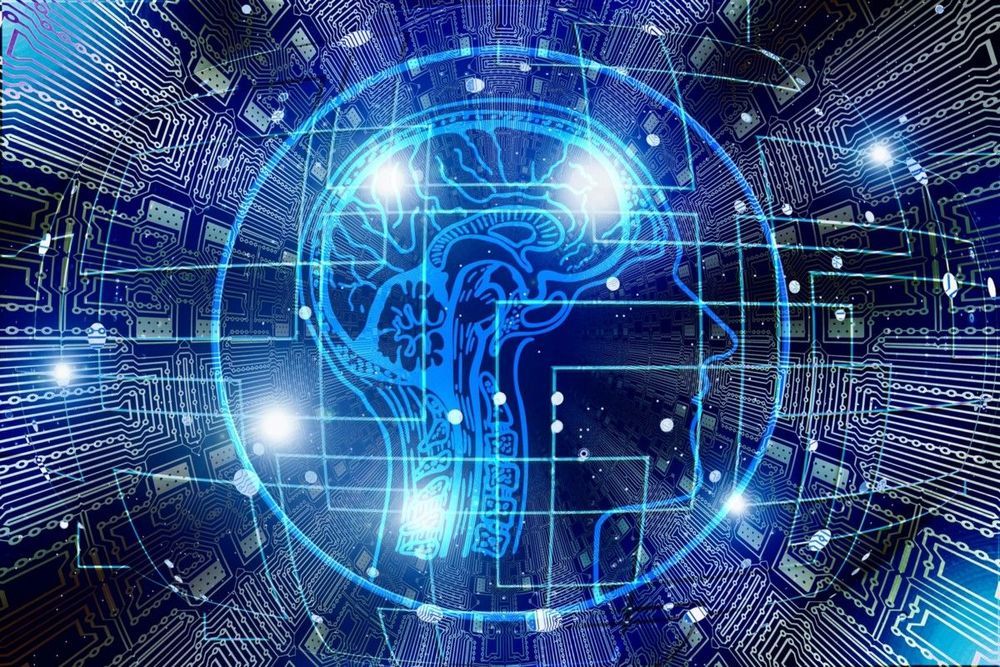
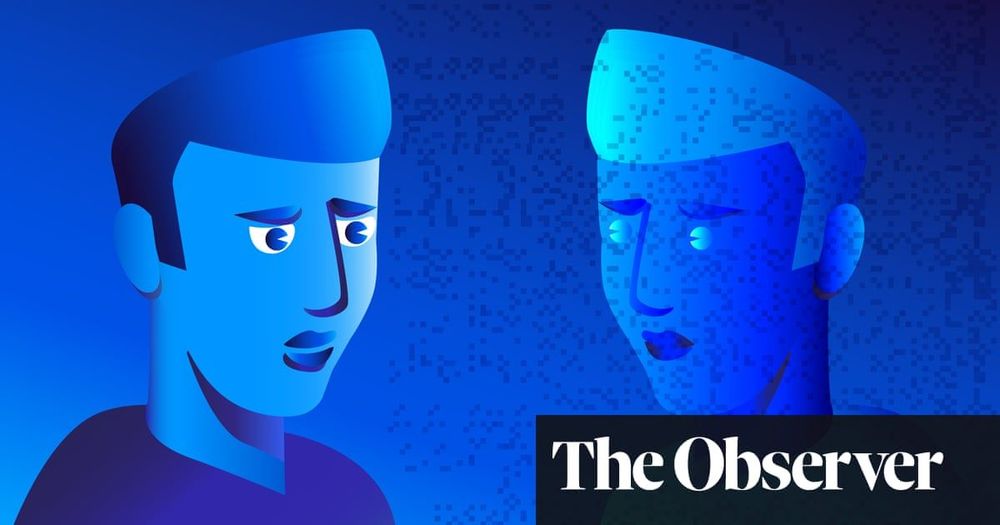
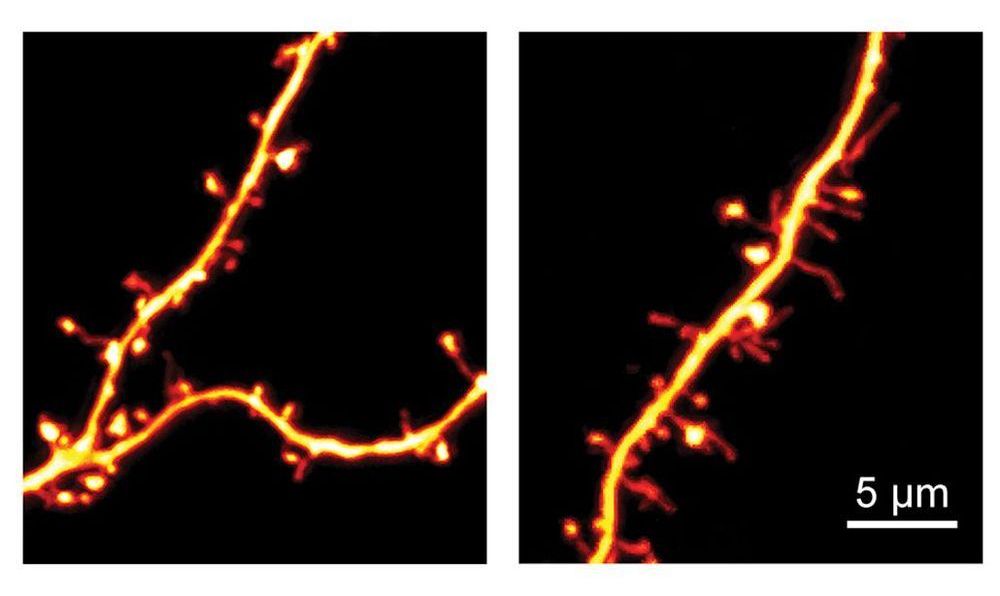

Within a cell system structure dictates function. Any interaction between cells, or a cell and its environment, has the potential to have long term implications on the function of a given cell and emerging cell aggregates. The structure and function of cells are continuously subjected to modification by electrical and chemical stimuli. However, biological systems are also subjected to an ever-present influence: the electromagnetic (EM) environment. Biological systems have the potential to be influenced by subtle energies which are exchanged at atomic and subatomic scales as EM phenomena. These energy exchanges have the potential to manifest at higher orders of discourse and affect the output (behavior) of a biological system. Here we describe theoretical and experimental evidence of EM influence on cells and the integration of whole systems. Even weak interactions between EM energies and biological systems display the potential to affect a developing system. We suggest the growing literature of EM effects on biological systems has significant implications to the cell and its functional aggregates.
Keywords: electromagnetic fields, consciousness, structure-function, cell aggregation, environmental influences.
A biological system is dependent upon inter- and intra-cellular communication for its development, maintenance, and proliferation. This communication allows an individual cell to interact with neighboring cell systems as well as its environment. The literature concerning intra- and inter-cellular communication is rapidly growing, focusing on electrical and chemical mechanisms (Qian, 2007; Nielsen et al., 2012; Venturi and Fugua, 2013). However the means by which a biological system can communicate, or interact, through a non-chemical non-electrical medium have yet to be extensively examined. There have been initial studies on the possible contributions of the electromagnetic (EM) spectrum (non-chemical non-electrical) to biological systems (Gurwitsch, 1926; van Wijk et al., 1993; Cifra et al., 2011). These studies have demonstrated that there is, at the very biological systems and the EM spectrum.
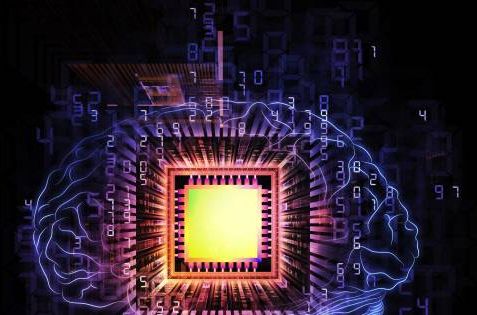
If you’ve ever worked with a virtualized computer, or played a video game ROM from a long-defunct console on your new PC, you understand the concept already: a mind is simply software, and the brain, the hardware it runs on. Imagine a day when your neurons, the matter that forms your mind, are transferred to a machine and their counterparts in your skull are disabled.
Are you still you? Imagine a future of mind uploading, whole-brain emulation, and the full understanding of the connectome. Now, imagine neuroscientists even discover a way to resurrect the dead, to upload the mind of those who have gone before, our ancestors, Socrates, Einstein?
In a paper published in Plos One in early December, scientists detailed how they were able to elicit a pattern similar to the living condition of the brain when exposing dead brain tissue to chemical and electrical probes. Authors Nicolas Rouleau, Nirosha J. Murugan, Lucas W. E. Tessaro, Justin N. Costa, and Michael A. Persinger (the same Persinger of the God-Helmet studies) wrote about this breakthrough.
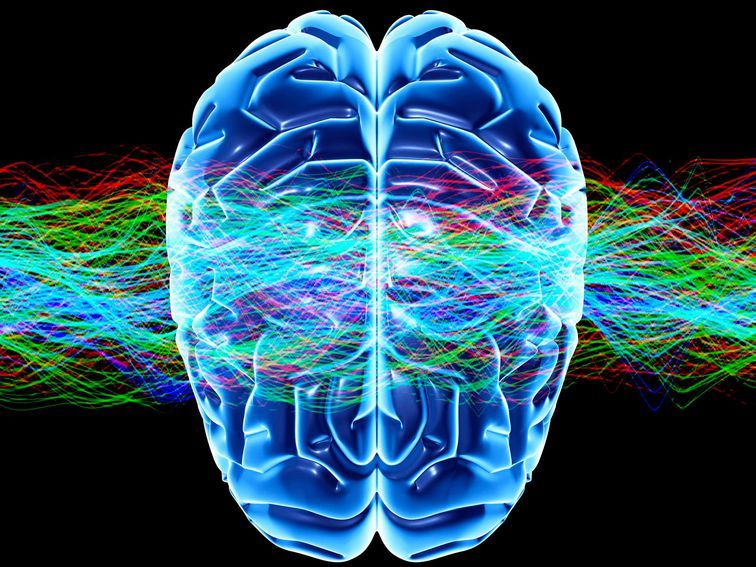
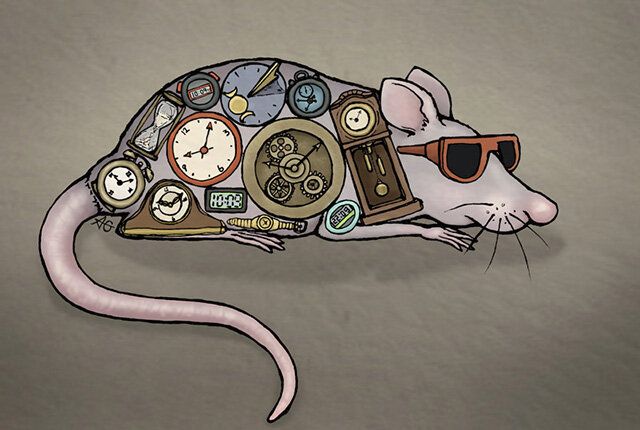
Squids, octopuses, cuttlefish, amphibians, and chameleon lizards are among the animals that can change the color of their skin in a blink of an eye. They have photoreceptors in their skin that operate independently of their brain. The photoreceptors are part of a family of proteins known as opsins.
Mammals have opsins, too. They are the most abundant proteins in the retina. These light-sensing photopigments are responsible for color vision (cone opsins) and vision in dim light (rhodopsin). While previous studies have suggested that mammals might express opsin proteins outside the eye, there was little information on what functions they might influence.
A study published Oct. 10 in Current Biology has now found that a type of opsin known as neuropsin is expressed in the hair follicles of mice and synchronize the skin’s circadian clock to the light-dark cycle, independent of the eyes or brain.
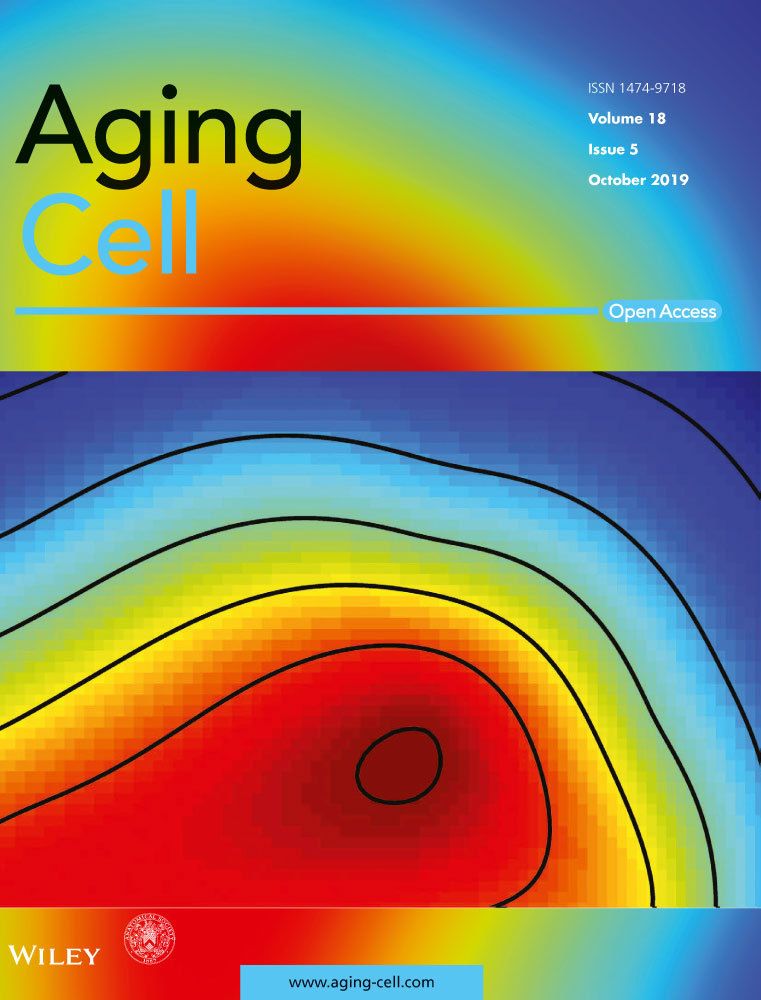
The blind mole rat (Spalax) is a wild, long‐lived rodent that has evolved mechanisms to tolerate hypoxia and resist cancer. Previously, we demonstrated high DNA repair capacity and low DNA damage in Spalax fibroblasts following genotoxic stress compared with rats. Since the acquisition of senescence‐associated secretory phenotype (SASP) is a consequence of persistent DNA damage, we investigated whether cellular senescence in Spalax is accompanied by an inflammatory response. Spalax fibroblasts undergo replicative senescence (RS) and etoposide‐induced senescence (EIS), evidenced by an increased activity of senescence‐associated beta‐galactosidase (SA‐β‐Gal), growth arrest, and overexpression of p21, p16, and p53 mRNAs. Yet, unlike mouse and human fibroblasts, RS and EIS Spalax cells showed undetectable or decreased expression of the well‐known SASP factors: interleukin‐6 (IL6), IL8, IL1α, growth‐related oncogene alpha (GROα), SerpinB2, and intercellular adhesion molecule (ICAM‐1). Apparently, due to the efficient DNA repair in Spalax, senescent cells did not accumulate the DNA damage necessary for SASP activation. Conversely, Spalax can maintain DNA integrity during replicative or moderate genotoxic stress and limit pro‐inflammatory secretion. However, exposure to the conditioned medium of breast cancer cells MDA‐MB‐231 resulted in an increase in DNA damage, activation of the nuclear factor κB (NF‐κB) through nuclear translocation, and expression of inflammatory mediators in RS Spalax cells. Evaluation of SASP in aging Spalax brain and intestine confirmed downregulation of inflammatory‐related genes. These findings suggest a natural mechanism for alleviating the inflammatory response during cellular senescence and aging in Spalax, which can prevent age‐related chronic inflammation supporting healthy aging and longevity.
